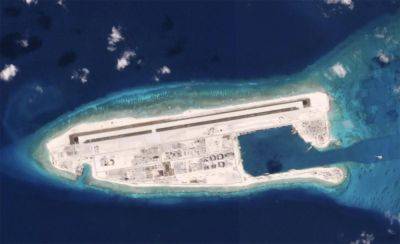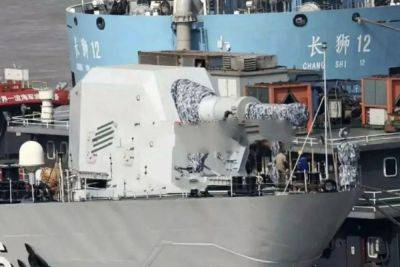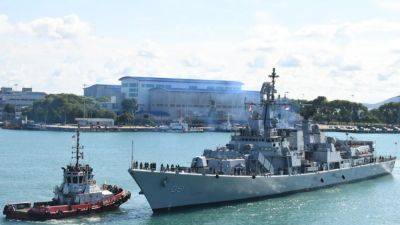China’s floating nuke plants up South China Sea ante
China’s controversial plans to deploy floating nuclear reactors in the South China Sea could recalibrate the region’s power dynamics while sparking dangerous new tensions with the United States and its regional partners and allies.
This month, The Washington Post reported that China is pursuing plans to develop floating nuclear reactors that could power military bases on its artificial islands in the South China Sea. The report says that China is pushing ahead with the plans even though the international community has not yet agreed on standards governing the safe use of floating reactors.
Admiral John Aquilino, head of the US Indo-Pacific Command, has warned that China’s use of floating nuclear power plants could negatively impact the region while emphasizing that the plan would strengthen China’s various claims in the hotly disputed maritime area.
China has contested claims in the sea with the Philippines, Vietnam, Malaysia, Indonesia and Taiwan, each boiling at different temperatures. A United Nations arbitral tribunal ruled in favor of the Philippines against China over their contested claims in 2016, a ruling Beijing has ignored.
The US State Department is also concerned that China’s deployment of floating nuclear power plants could raise new risks to US national security and potentially escalate already-tense regional security dynamics.
The sea-based nuclear plants would help to solidify China’s occupation of various artificial islands it has built up and militarized in recent years in the maritime area. The plants would pose more significant risks than US nuclear submarine visits at overseas ports, the Washington Post report says.
Currently, only Russia operates a floating nuclear reactor, known as Akademik







